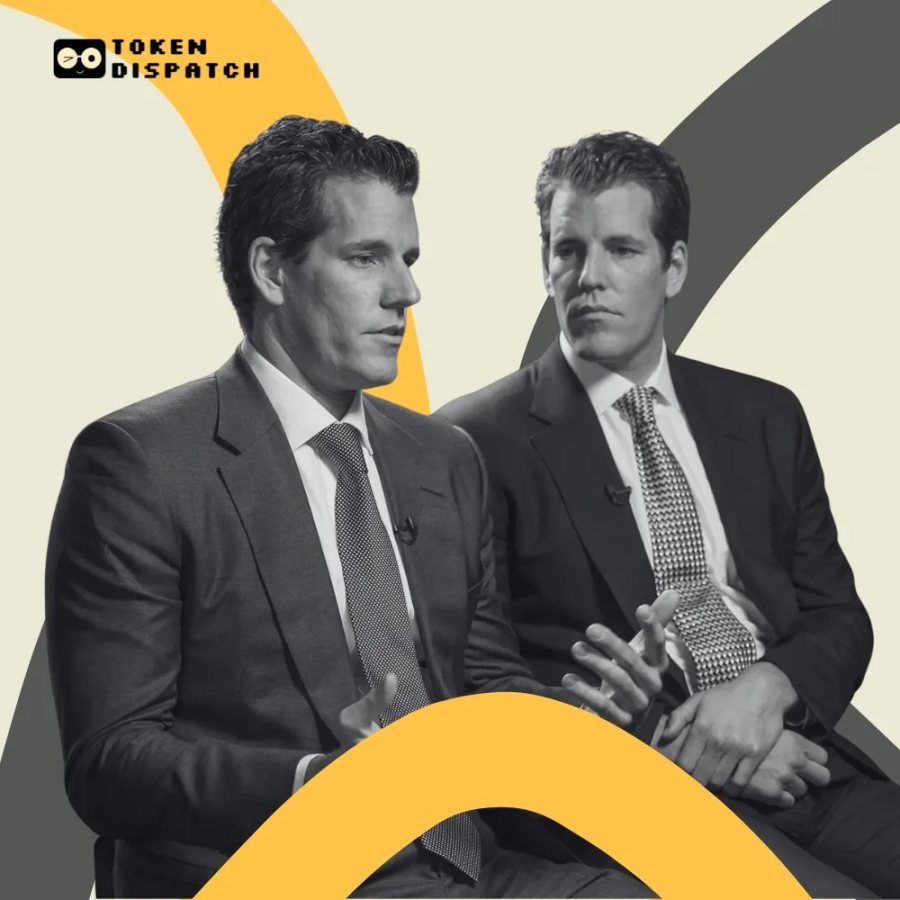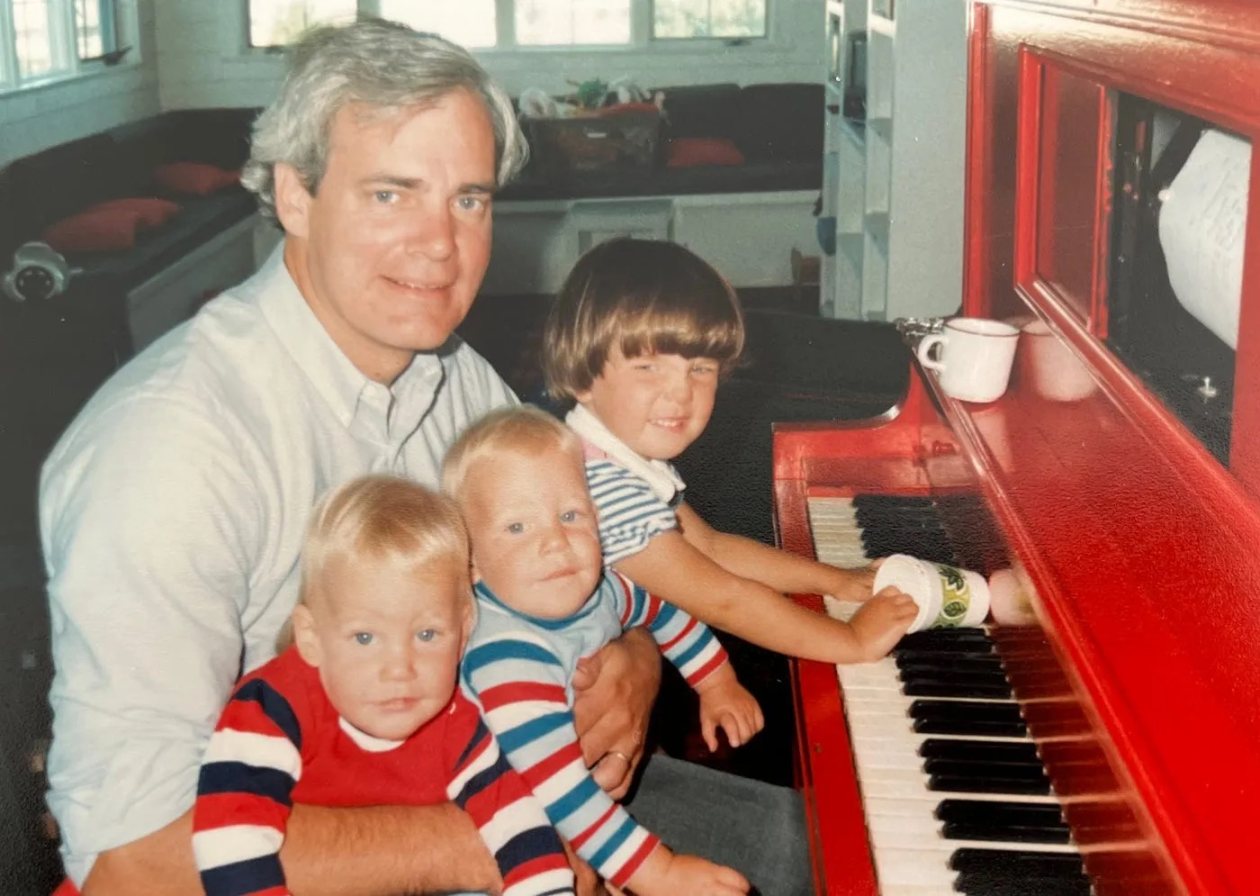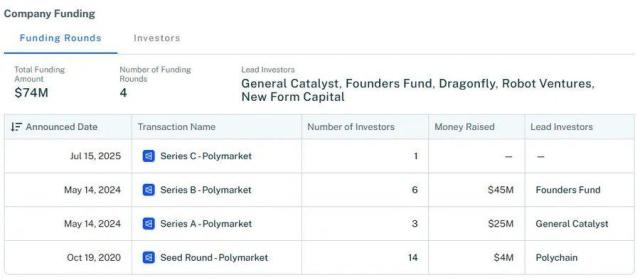Written by: Thejaswini M A
Translated by: Saoirse, Foresight News
The mediator had just announced Facebook's settlement: $65 million. The room was silent, with Mark Zuckerberg's lawyers waiting for a response.
Most people would have taken the cash and disappeared. Tyler Winklevoss looked at his brother Cameron Winklevoss, then turned to the other side of the table.
"We want stocks."
The lawyers exchanged glances. At the time, Facebook was still a private company, and the stocks could plummet, or the company could go bankrupt. Cash was tangible, but stocks were a gamble.
But Tyler's response would define their lives for the next decade. Strictly speaking, they had bet the entire settlement on a company that had stolen their idea.
When Facebook went public in 2012, their $45 million in stocks soared to nearly $500 million.

The Winklevoss brothers had completed one of the most audacious moves in Silicon Valley history: they lost the battle with Facebook but earned more from Facebook than most early employees.
In 2013, they struck again. This time, they seized the moment perfectly.
The Growth Trajectory of the Mirror Twins
Before becoming crypto billionaires and going to court with Facebook, Cameron and Tyler were practically mirror images of each other.
Born on August 21, 1981, in Greenwich, Connecticut, they were identical twins with one key difference: Cameron was left-handed, Tyler was right-handed, perfectly symmetrical.

They were tall, athletic, and incredibly synchronized from a young age. At 13, they self-taught HTML and built websites for local businesses; as teenagers, they founded their first web company, creating websites for any paying client.
At Greenwich Country Day School and later Brunswick School, they were introduced to rowing and even created the school's rowing team.
In an eight-person rowing boat, time is everything. Even a fraction of a second can lose the race. Perfect coordination requires understanding teammates, sensing water flow, and making split-second decisions under pressure.
Their skills were so advanced that they made the Harvard team and even competed in the Olympics.
But what rowing taught them was far more valuable than sporting honors: the art of precise timing and seamless collaboration.
[The translation continues in the same manner for the rest of the text...]In 2013, when Wall Street was still pondering what cryptocurrency was, the Winklevoss brothers had already started buying in massively.
When Bitcoin was priced at $100, they invested $11 million, purchasing around 100,000 Bitcoins, which represented 1% of the total Bitcoin supply at the time.
Just imagine: these two Olympic athletes and Harvard graduates, who could have led a stable life, instead bet millions of dollars on digital tokens that most people associated with "drug dealers" and "anarchists".
Their friends must have thought they were crazy.
But the brothers personally witnessed an idea born in a dorm room develop into a multi-billion-dollar giant. They understood that what seemed "impossible" could quickly become "inevitable".
In 2017, when Bitcoin's price soared to $20,000, their $11 million investment had appreciated to over $1 billion, making them among the first publicly known Bitcoin billionaires.
The pattern was clear: Cameron Winklevoss and Tyler Winklevoss always saw opportunities others couldn't.
Building Infrastructure
The brothers didn't stop at buying Bitcoin and waiting for appreciation; they began building infrastructure to promote cryptocurrency adoption.
Winklevoss Capital is dedicated to providing seed funding for startups building new digital economic infrastructure, covering exchanges (like BitInstant), blockchain infrastructure, custody tools, analysis platforms, and later including DeFi and Non-Fungible Token projects. Their investment portfolio is extensive, ranging from protocol developers (like Protocol Labs and Filecoin) to cryptocurrency mining energy infrastructure.
In 2013, the brothers submitted the first Bitcoin ETF application to the US SEC. This seemed far-fetched and almost destined to fail, but someone had to take the first step. In March 2017, the SEC rejected the application, citing "market manipulation concerns"; they tried again and were rejected in July 2018. However, the regulatory foundation they laid paved the way for future attempts. The January 2024 spot Bitcoin ETF approval was the result of the framework they began constructing a decade ago.
In 2014, BitInstant CEO Charlie Shrem was arrested at the airport for money laundering related to Silk Road transactions, and the company collapsed; the largest Bitcoin exchange at the time, Mt. Gox, was hacked, losing 800,000 Bitcoins. The infrastructure they invested in was on the brink of collapse, and Bitcoin was also in a precarious position.
But they saw opportunities in the chaos: the Bitcoin ecosystem needed legal, regulated companies.
In 2014, they founded Gemini, one of the first regulated cryptocurrency exchanges in the United States. While other crypto platforms operated in legal gray areas, Gemini directly collaborated with New York state regulators to establish a clear compliance framework.
They understood that for cryptocurrency to go mainstream, it needed infrastructure that met institutional standards. The New York State Department of Financial Services granted Gemini a "limited purpose trust license", making it one of the first licensed Bitcoin exchanges in the US.
By 2021, Gemini was valued at $7.1 billion, with the brothers holding at least 75% of the shares; today, the exchange manages over $10 billion in assets and supports more than 80 cryptocurrencies.
Through Winklevoss Capital, they invested in 23 cryptocurrency projects, including Protocol Labs and the 2017 Filecoin financing.
They didn't fight regulatory agencies but worked to educate them; they didn't exploit regulatory loopholes but integrated compliance concepts from the initial product design.
In 2024, Gemini reached a $218 million settlement for the Earn program but survived and continued operations.
The brothers deeply understood that technology alone was not enough; regulatory recognition would determine cryptocurrency's fate.
In 2024, they each donated $1 million in Bitcoin to Trump's presidential campaign, clearly supporting politically crypto-friendly leadership. Although the donations exceeded federal limits and were partially returned, they made their stance clear.
They openly criticized SEC former chairman Gary Gensler's "overly aggressive enforcement". The SEC's lawsuit against Gemini was both a direct challenge to their business model and made this regulatory battle both personal and professional. In June 2025, Gemini secretly filed an IPO application.
Current Achievements
Forbes currently estimates that each brother is worth $4.4 billion, totaling around $9 billion, with Bitcoin holdings representing the largest portion of their wealth.
Their cryptocurrency assets include approximately 70,000 Bitcoins (valued at $4.48 billion) and substantial amounts of Ethereum, Filecoin, and other digital assets.
Gemini remains one of the most trusted cryptocurrency exchanges globally, with institutional-grade security capabilities and compliance credentials. Its upcoming IPO is an important step towards integrating with mainstream financial markets.
In February 2025, the brothers became partial shareholders of the English Real Bedford Football Club, investing $4.5 million. Currently in the eighth tier of English leagues, they are collaborating with crypto podcast host Peter McCormack to potentially bring this semi-professional team to the Premier League.
In 2024, their father Howard donated $4 million in Bitcoin to Grove City College, the first Bitcoin donation the school has received, funding the newly named Winklevoss Business School.
The brothers themselves donated $10 million to Greenwich Country Day School, setting a new alumni donation record.
They publicly stated they would not sell their holdings even if Bitcoin's market value reaches gold levels, indicating their belief that Bitcoin is not just a store of value but a fundamental reimagining of money itself.
From the Harvard Crimson exposing Mark Zuckerberg's betrayal to that revolutionary dollar bill on Ibiza Beach. These two moments witnessed their transformation from "being deceived" to "seeing ahead". Over the years, many have said the Winklevoss brothers were "behind the times", but the truth is, they were simply standing at the platform of the next train early.







